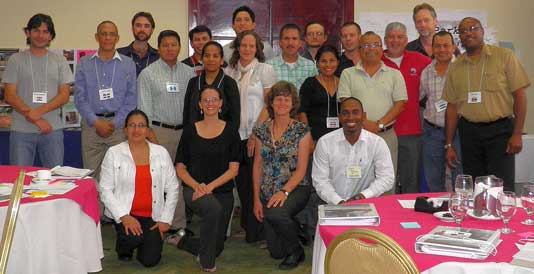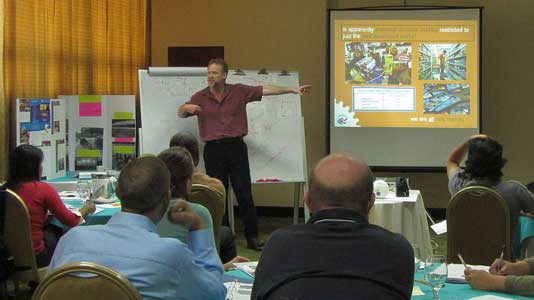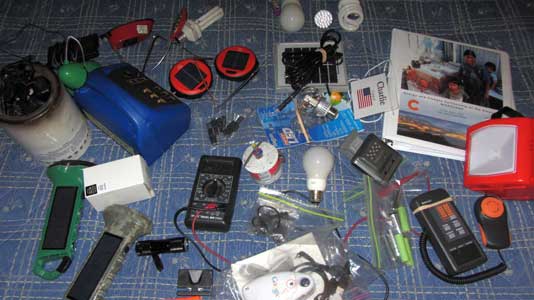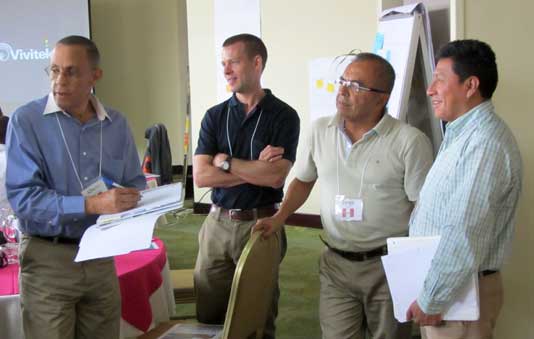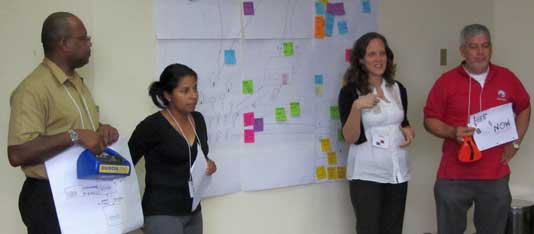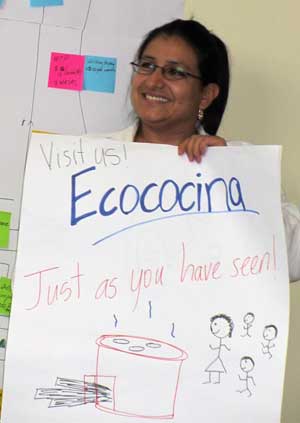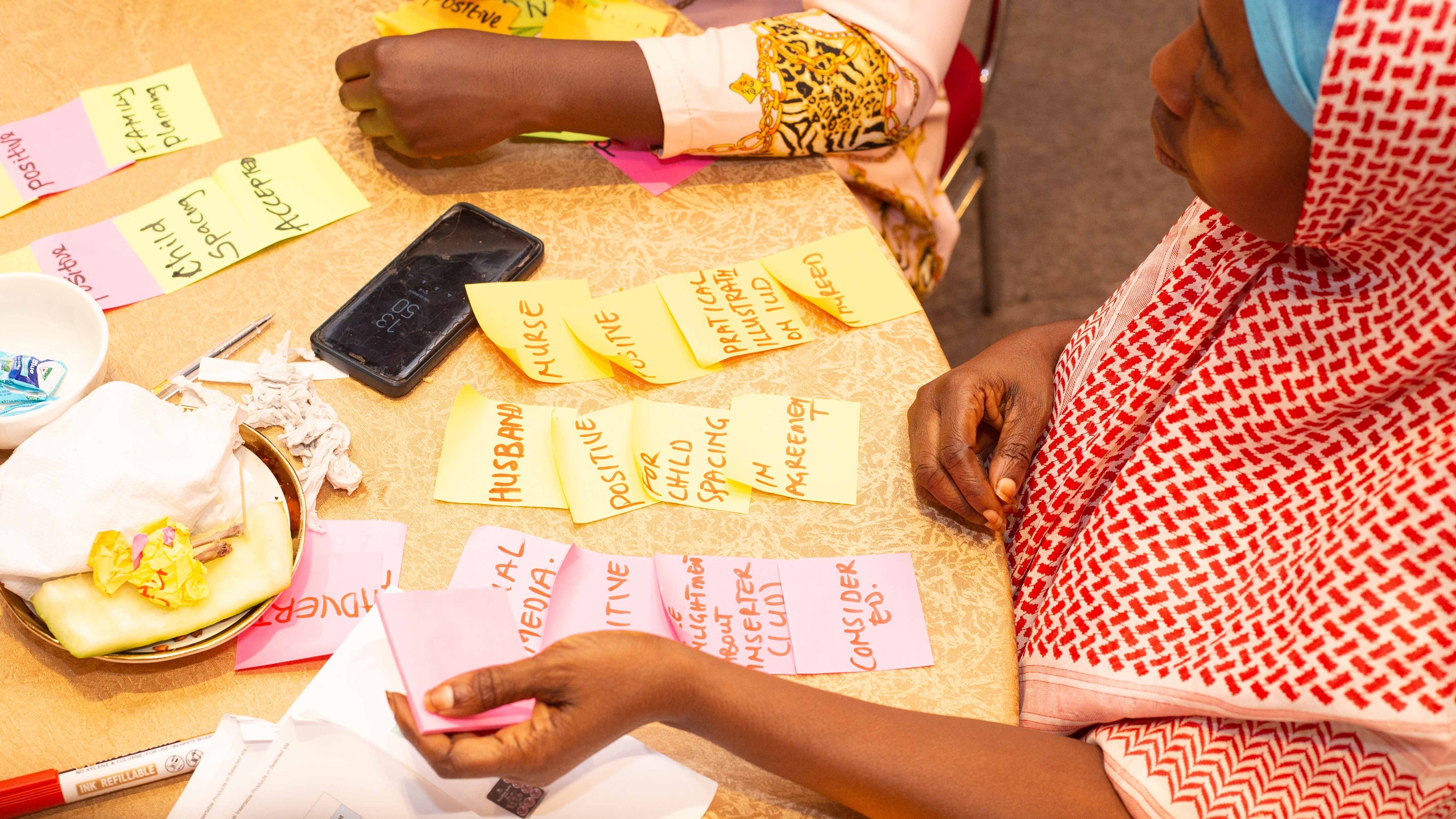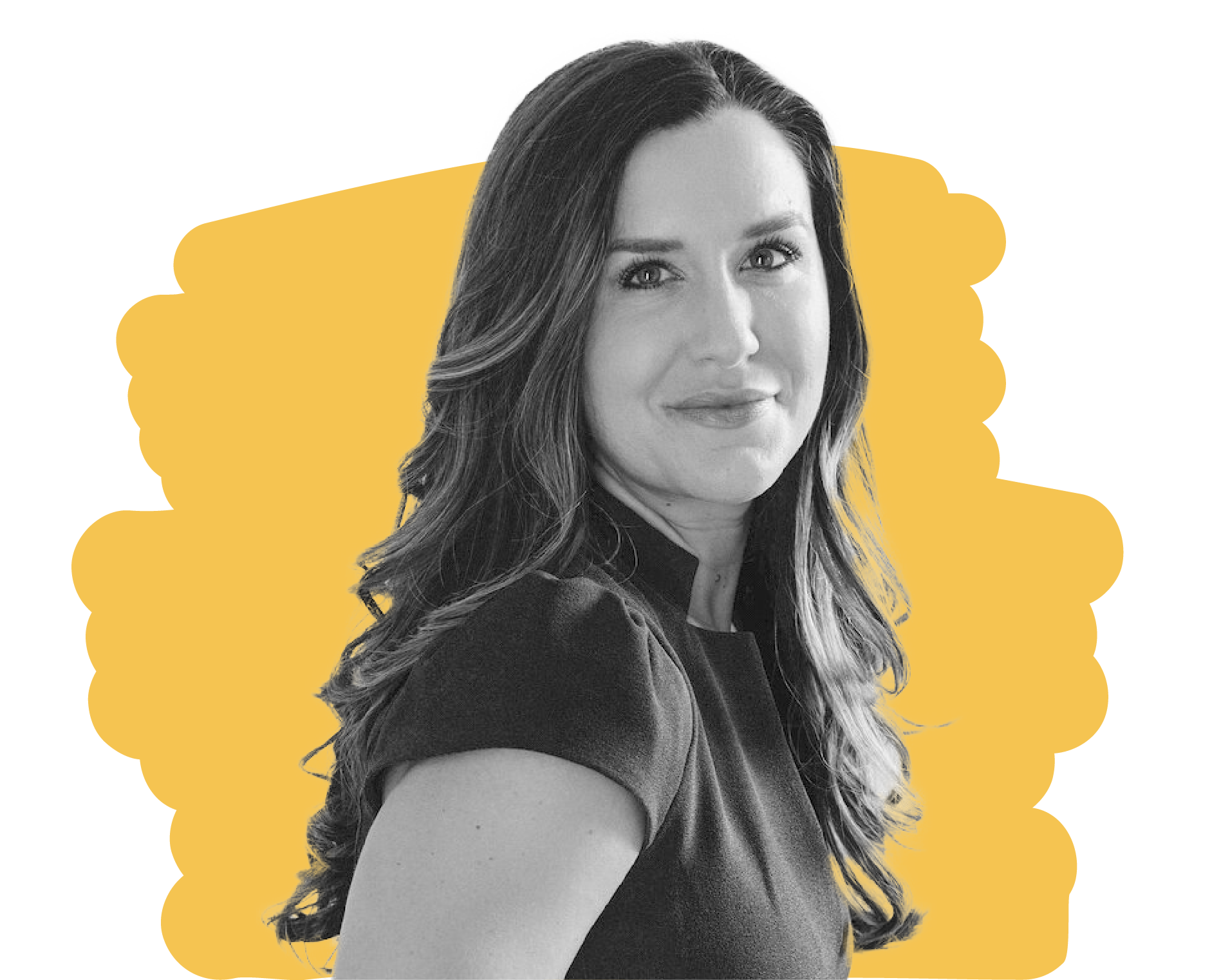Peace Corps training update: Renewable Energy Financing
Charlie and I spent one week in San José, Costa Rica in April working with 18 Peace Corps country staff members from around Latin America to dive deeply into the manifold options for funding renewable energy products and services. Three days may seem like a long time to spend exploring the dry details of financing mechanisms, but somehow we not only filled the time but found ourselves struggling not to let the agenda slip as questions and discussion from engaged participants kept us on our toes.
The emphasis of our workshop was market-based approaches to the provision of renewable energy (something we believe strongly in at Catapult and an approach the Peace Corps is looking to foster). In that vein, we discussed the following ways that financing can be used to sustainably deliver renewable energy products:
• Micro-consignment
• Micro-franchise
• Carbon-credit programs
• Financial Services (e.g. micro-finance)
We also flexed our design muscles with some system mapping, behavioral economics, and business model activities. In addition, we gave participants a crash-course in state-of-the-art lighting, power generation, and cookstove technologies.
Throughout everything we emphasized the importance of self-sustaining businesses in the equation, since businesses are the ones supplying renewable energy products, providing access to the renewable electricity that they generate, and are frequently the ones to benefit significantly from the use of renewable energy products.
As usual, the most compelling part of the workshop was when we had finally covered all the various subjects and got the participants up on their feet, applying what they had just learned. The final activity had four teams developing renewable energy business models for four different, interconnected renewable energy enterprises in a single village. Starting with a system map for the village, we had the teams conduct user research, negotiate payment terms between groups, evaluate risks, plan marketing campaigns, establish lines of credit, and determine how exactly they were going to develop a viable business based on renewable energy.
This is exactly the kind of advisory and networking role that we expect Peace Corps volunteers to play – knowing the potential players (product companies, MFIs, aspiring entrepreneurs, and local community) and connecting the dots to support renewable energy in the Americas. And that is our job in designing meaningful workshops (just as in designing meaningful products) – to understand the reality of the people we are serving and to create something that adds value to their lives. At the end of the day the Peace Corps is not going to be delivering products, running businesses, or providing financing, but they ARE going to interacting closely with those that do and our goal was to get them the understanding and insight they’ll need to approach this task in a clear and effective fashion.
The smiling faces tell the rest of the story.
